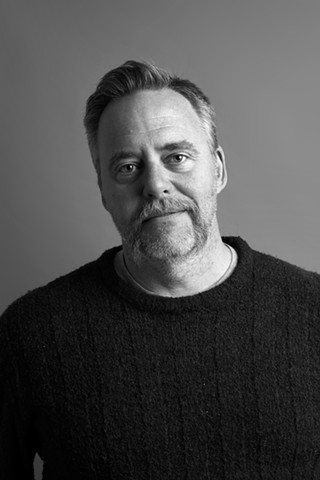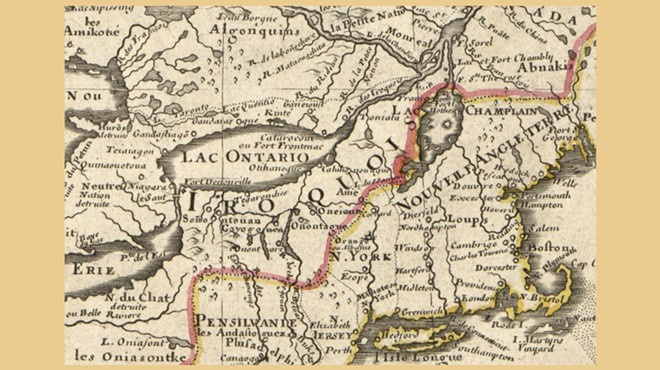Dr. Ann Davis was the founding director of the Marist College Bureau of Economic Research, a position she held from 1990 through June 2005. In that capacity she produced the Quarterly Report of the Hudson Valley Economy, a widely quoted compilation of trends in the regional economy. Dr. Davis and Bureau reports have been quoted in the New York Times, Business Week, and US News and World Report, as well as regional newspapers, radio, and TV stations. Davis serves as an economic analyst for many for regional groups, including Mid-Hudson Pattern for Progress, the Hudson River Valley National Heritage Area, and the Dyson Foundation, among others. She recently completed a study of measures of sprawl with Scenic Hudson and helped found Gateway for Entrepreneurial Tomorrows, a mentoring and consulting service for small business inner city start-ups. Davis is currently active in preservation of the Fall Kill, a Hudson River Tributary, a member of the executive committee and the board of directors of the Hudson River Sloop Clearwater. Originally from Knoxville, Tennessee, she has lived in Dutchess County since 1978, where she and her husband Bob McAulay raised their two children.
—Brian K. Mahoney
Why do you choose to live in the Hudson Valley?
I moved to the Hudson Valley from Boston to teach economics at Vassar College. I stayed because there is a county fair, just like my home town of Knoxville, Tennessee, a beautiful river, misty bluffs, wonderful people, and close (enough) to New York City, where my parents grew up.
What’s the strangest thing in your fridge?
It’s not so much the strangest thing in my fridge, as the oldest. My mother (and then my daughter) used to delight in finding items several years old (with proof of purchase seals to verify it) at the very back—and to point them out one by one, with great glee. You see, I am not the kind of housekeeper she was (or my daughter is).
Who are you in awe of?
Eric R. Kandel, professor at Columbia University, author of In Search of Memory, and Nobel Prize winner in Physiology or Medicine in 2000. By conducting research on a snail’s neurons, Kandel was able to discover the basic mechanisms of short term and long term memory, relevant to humans as well. His autobiographical descriptions of his research, along with his migration from Vienna in 1939, formal education, and marriage, illustrate a dedicated father and husband, considerate colleague, and articulate spokesperson for the incredible advances in neurophysiology—including lately “neuroeconomics,” of all things.
What do you sing along to in the car?
I “float” on Mozart while driving, including the violin concertos, piano concertos, piano sonatas, and violin/piano sonatas. But then occasionally it is some basic Bach, like Air for the G String, The Well-Tempered Clavier, the Brandenberg concertos, or the double violin concerto.
What are some of the things you’d like to see change about this area? What are some of the things you’d like to stay the same?
I love the plethora of organizations in the Hudson Valley. There are multiple groups in every category, a wealth of civic virtue, boundless energy, and dedication. In business, there are, for example, Mid-Hudson Pattern for Progress, The Hudson Valley Economic Development Corporation, various chambers of commerce, the Council of Industry of Southeastern New York, and the Hudson Valley Technology Development Corporation, to name a few. Regarding environmental issues, there are Scenic Hudson, Clearwater, Riverkeeper, Sustainable Hudson Valley, the Environmental Consortium, the Hudson River Environmental Society, The Nature Conservancy, the Smart Growth Alliance, and Nature Network, among others.
And, by the way, they should all work together, since scenic beauty is a powerful attraction for business and residential population, and economic wealth is useful for protection of natural resources.
What must happen to give you the feeling that a day has been well lived?
A daily, focused debriefing, if not also a walk, with my husband, Bob McAulay, is essential to peace, well-being, and the inner alignment of body and soul.
What is usually your first thought in the morning?
My first thoughts in the morning are usually: Where is the coffee? and What’s in the newspaper that I can use in class today?













